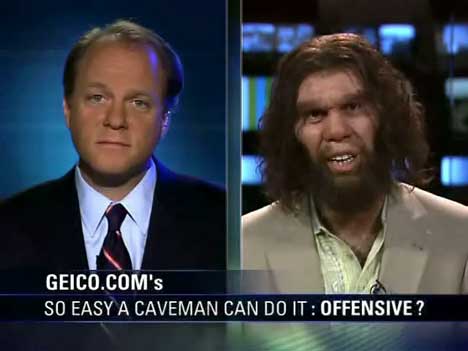What open source teaches publishers


(What does this classic Geico commercial have to do with anything? Patience, grasshopper.)
The traditional media business model was fairly straightforward. You invested in a budget, you sold ads against it, and over, say five years, you built the business by selling more than you spent.
The nice way of putting this, from my late j-school teacher Richard Schwarzlose, was that "a journalist is someone who works for someone who buys ink by the barrel." The key point is "someone who works for someone."
The less kind way of putting this, from my friend Tony Bove, was "always be careful of any business where the first word is submission."
In traditional journalism, credibility is what the journalist brings to the party. The profit statement is the publisher's job.
Open source, in software as in content, works differently.
I've written often here about how, for open source projects, credibility is a key asset. If the people who download your software find you treat them credibly, respecting open source principles, their trust will build your business.
That's because so many key assets in open source are intangible. People don't hand you money before downloading your stuff. You depend on others to grow the software and provide its direction. It's a delicate dance, much like the one line journalists have conducted with their own readers for decades.
On the other hand, the responsibility for sales, and profits, are pushed down to the line. If no one reads this story it makes no sound, and I make no money. Community managers and coders, who deal most directly with users, become key to your profit, based on how well they nurture your user base.
The world is turned upside down, but not entirely. As an open source business scales management can get a better handle on the factors underlying its profitability. This doesn't mean they can ignore the intangibles, however.
At the same time, as an open source business grows, it may seem that individual line personnel become less important, both to profits and to credibility. But the public interest, the interest the community of users retains in the project, must still be protected, and good line people remain key to that.
These are vital business lessons, artifacts of the Internet medium and the open source world. They don't change because an old-line media company owns what had been an open source asset.
You can see this best with an open source analogy.
When Sun went open source, Sun had to change. We continue to watch this change with fascination, knowing that without dramatic changes in management attitudes, all the way down the line, Sun can't survive.
The same lesson applies to content. C|Net has over the years become like the caveman who discovered fire, and brought it to the publishing tribe. Staunch the fire, forget the lesson, and the cave goes dark.
No matter who owns it.